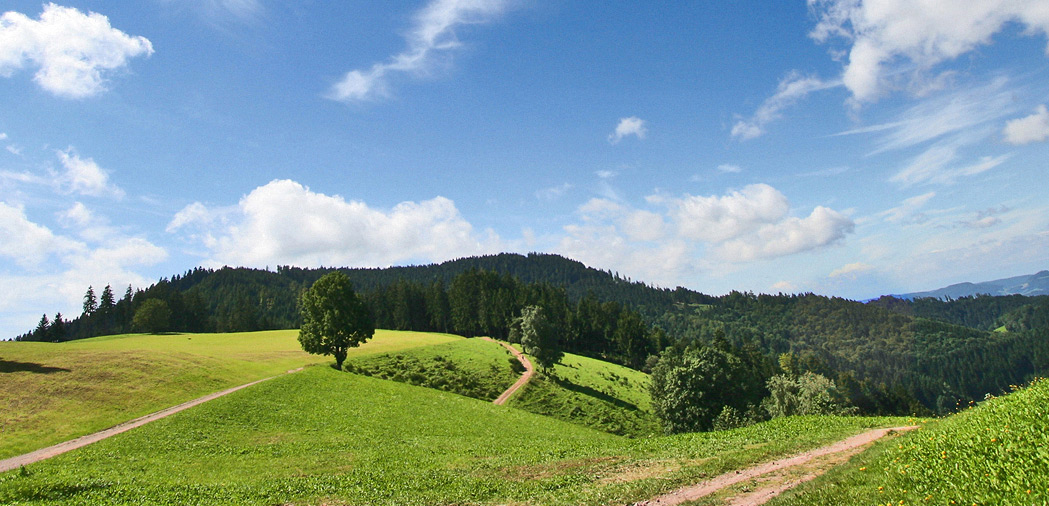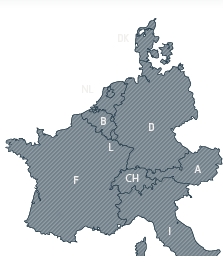German Hiking Institute
Studies on Hiking
“Profilstudien Wandern” (Profile Studies on Hiking)
Between 1998 and 2008, the Projekt-Partner-Wandern (PPW) in Marburg surveyed a total of 18,000 hikers throughout Germany pursuing their hobby, on their habits, preferences, aversions, and touristic judgements/opinions. These surveys were carried out with the aim of providing data and facts for a customer-oriented modernization of hiking tourism offers. The results were published under the title "Profilstudien Wandern" on different topics, such as, hiking on certified trails, tomorrow's hiking trends, hiking tourism target groups, hiking without borders, young hikers, assessment of infrastructure, tour and holiday design, hiking guidance system, etc.
The studies on hiking carried out by Prof. Dr. Heinz-Dieter Quack in 2010 (German Hiking Association) and 2014 (Project M), emphasize that hiking is one of the most popular holiday and day-trip activities for the German population.
„Wandermonitor“ (Hiking Monitor)
Since 2015, the Forschungszentrum Wandern & Gesundheit (Research Center for Hiking & Health) of the German Hiking Institute at the Ostfalia University of Applied Sciences has been conducting an annual survey on hiking experiences under the title "Hiking Monitor". The aim of this Germany-wide hiking monitoring is to collect meaningful visitor data to characterize hiking tourism in order to continuously improve the hiking tourism offer and to adapt it to the constantly changing needs of hikers. The surveys are anonymous, and personal data is not collected or stored.
Participation in the Hiking Monitor is free of charge for towns, regions, tourism marketing organizations and trail operators. Once a year all participating towns/regions receive the results based on all respondents.
Hiking tourism can induce positive economic effects in many places, and many regions can in most cases benefit from this without great (additional) expense.
However, because of the different topographical and infrastructural conditions in the numerous hiking destinations, the question of the sustainable success of hiking tourism must be asked in a regionally differentiated way.
Furthermore, long-term surveys on the acceptance of renewable energy systems (wind energy) were conducted among hikers.



